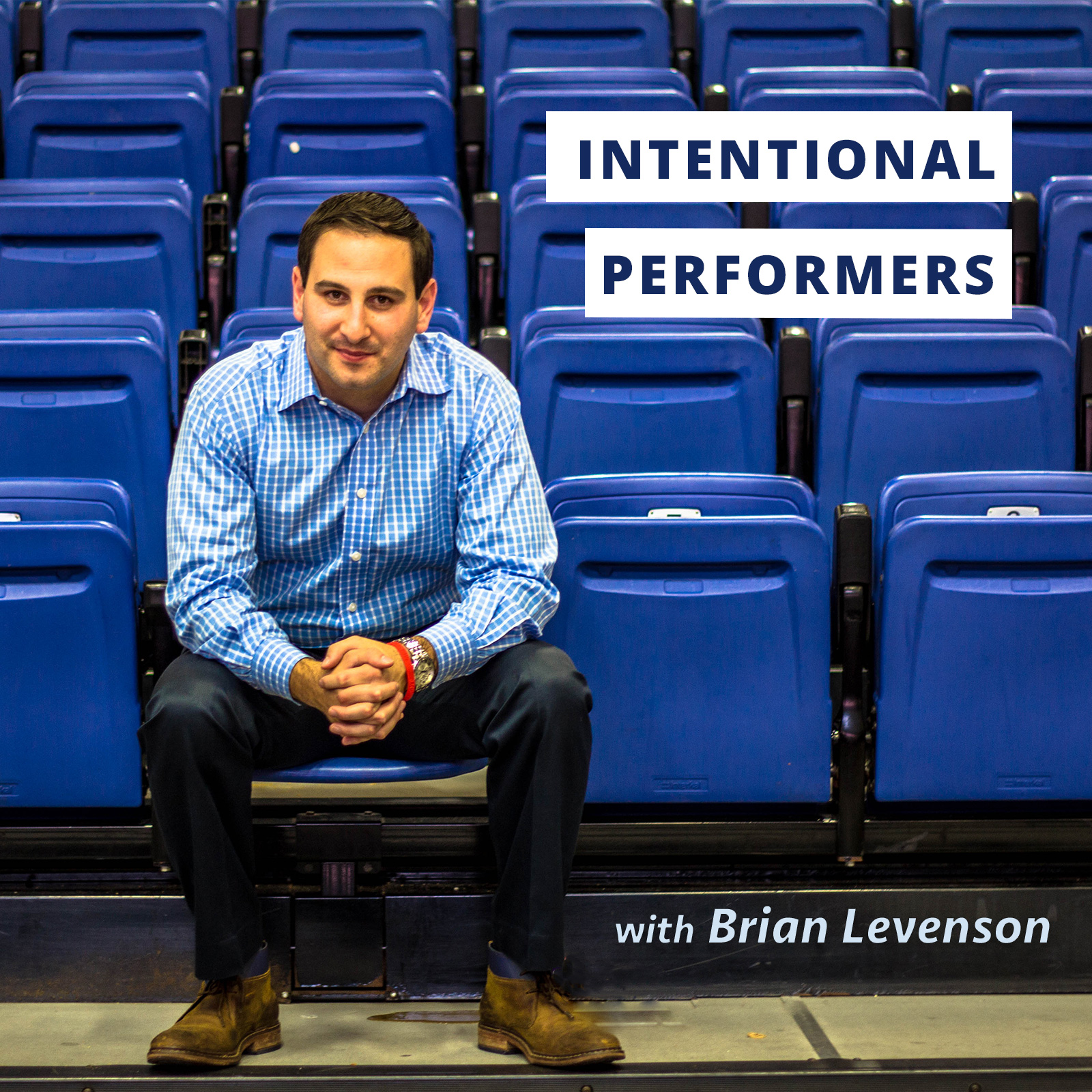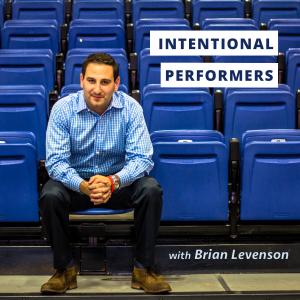
I created this podcast because I believe that much can be learned from digging deep with intentional performers. You can learn more about me and my company at www.strongskills.co.
I created this podcast because I believe that much can be learned from digging deep with intentional performers. You can learn more about me and my company at www.strongskills.co.
Episodes

Wednesday May 29, 2024
Andy Lopata on Asking for Mentoring
Wednesday May 29, 2024
Wednesday May 29, 2024
Andy Lopata is all about building quality, strategic, and intentional relationships, and trying to teach others how they can do so as well. He’s written 6 books on networking and professional relationships, with his latest being all about aentoring; it’s called The Financial Times Guide to Mentoring, and it was co-written by Ruth Gotian who is a past podcast guest. He also writes a regular blog for Psychology Today and has been quoted in the media multiple times, including The Sunday Times, The Financial Times, and Ink. He is someone who not just thinks about networking from a transactional standpoint, but really from an intentional place, which is why he made for such a quality guest on the podcast today. He started working in networking in 1999 with his father, and he’s going to talk about his relationship with his father and what he learned from him as a mentor along the way as well. He spent 8 years as a Managing Director of a UK networking organization that had over 2000 member companies. His approach to building professional relationships is all about being authentic, being genuine, and being thoughtful about the political nature that we might find ourselves in. At the end of the day, it’s just as important that people know who you are as it is to know who you know. At his core, I think Andy is someone who cares a lot about people, cares a lot about being intentional and thoughtful with how we’re connecting with each other, and, as I said, I think he is someone who will come off as being genuine and authentic, but also extremely thoughtful in his own expertise, in his own knowledge, around how we connect. The last point I’ll make is a lot of today’s conversation revolves around vulnerability and the power of asking for help. So, I am grateful to all of you who continue to support this podcast and I hope that you can continue to support us in sharing this conversation with the world.
Andy had a number of amazing insights during our conversation. Some of them include:
“You don’t want to wait for someone’s life [to end] before you tell them what they mean [to you]” (6:25).
“I came from an aspirational family, so I always wanted to impress and make them proud” (10:40).
“I got to that point where I needed to hear [feedback]” (11:35).
“It is good to like your mentor, but I always think it is more important to respect them” (12:05).
“I need a combination of someone I respect that I’m working with that I allow to challenge me… but also the sense they are listening to me” (16:20).
“It’s not what you know or who you know, it’s who knows you” (19:50).
“Opportunity knocks when you don’t even know there’s a conversation taking place” (20:00).
“We can see how dangerous it gets when people start believing their own publicity and they think that every idea they have is brilliant” (21:55).
“There are a number of reasons why it’s important for a mentor to be vulnerable” (26:50).
“Ego needs to be left at the door before you go into the room to mentor” (27:25).
“Your message is going to resonate more with the other person if you’re not perfect” (27:45).
“We learn from people who say I succeeded but I had challenges along the way and I made mistakes along the way” (32:30).
“Performance only accounts for 10% of any promotion, image is 30%, and exposure is 60%” (36:40).
“What I do is I take things that should be natural and authentic and then I break them down into their component parts” (41:20).
“You need to be able to separate the strategic thinking from the way you engage with people” (41:35).
“You need the strategy, you need to understand what you’re trying to achieve, and recognize when people can help you so you can ask the question but then focus on the relationship” (44:40).
“Most people will get a lot more joy from helping other people than from receiving help” (49:05).
“We assume people know what’s going on in our lives” (54:10).
“Vulnerability is not a weakness; vulnerability is a strength” (55:30)
“It takes strength to say I could do with some help” (55:35).
“I have countless informal mentors” (1:00:55).
“I’m teaching myself to not take it personally when I’m [not getting exactly what I want from my mentee” (1:08:30).
Additionally, you can find the website for Andy’s new book here, you can check out The Connected Leadership Podcast on any podcast platform, and you can find Andy’s monthly Psychology Today blog here. Lastly, you can find Andy’s linktree here.
Thank you so much to Andy for coming on the podcast!
I wrote a book called “Shift Your Mind” that was released in October of 2020, and you can order it on Amazon and Barnes and Noble. Additionally, I have launched a company called Strong Skills, and I encourage you to check out our new website https://www.strongskills.co/. If you liked this episode and/or any others, please follow me on Twitter: @brianlevenson or Instagram: @Intentional_Performers.
Thanks for listening.

No comments yet. Be the first to say something!